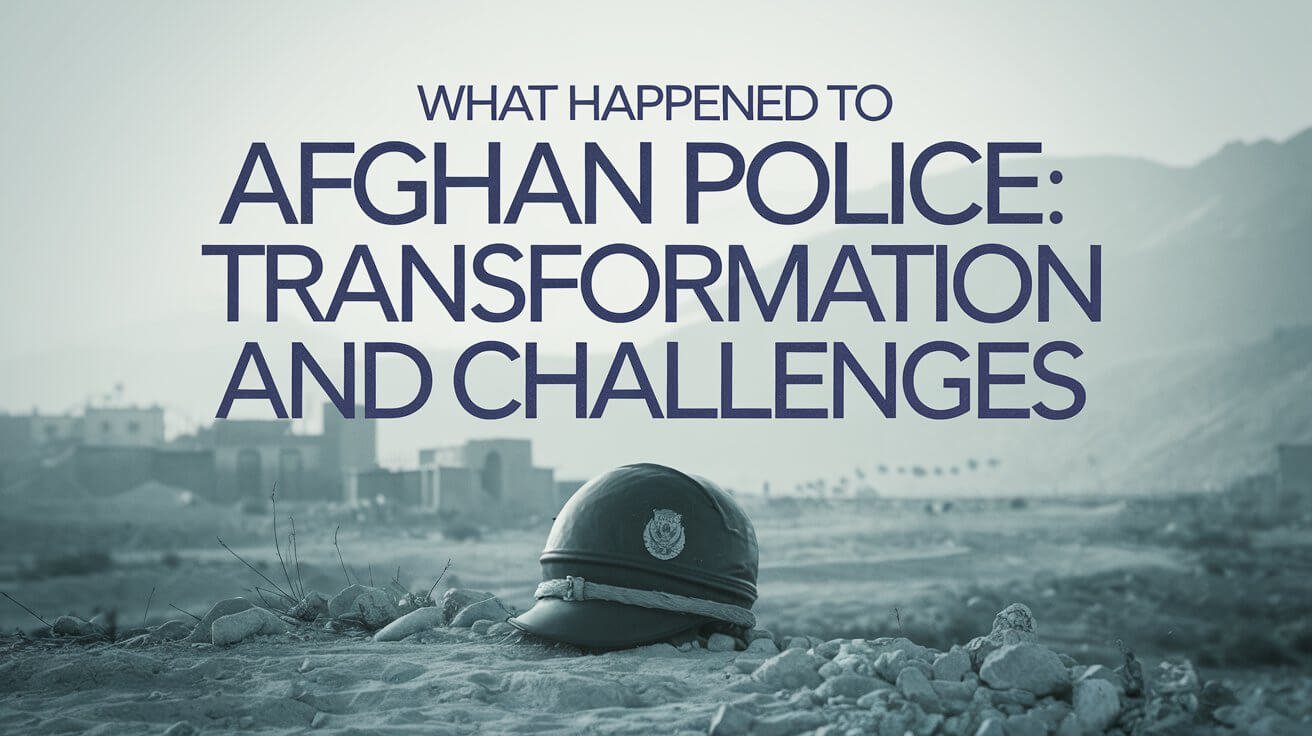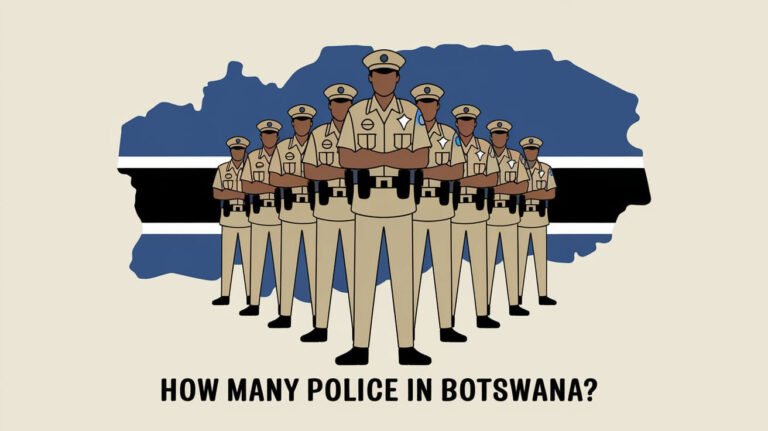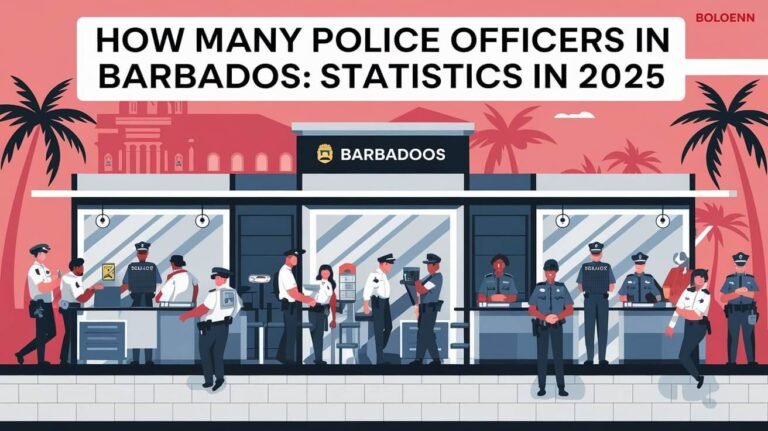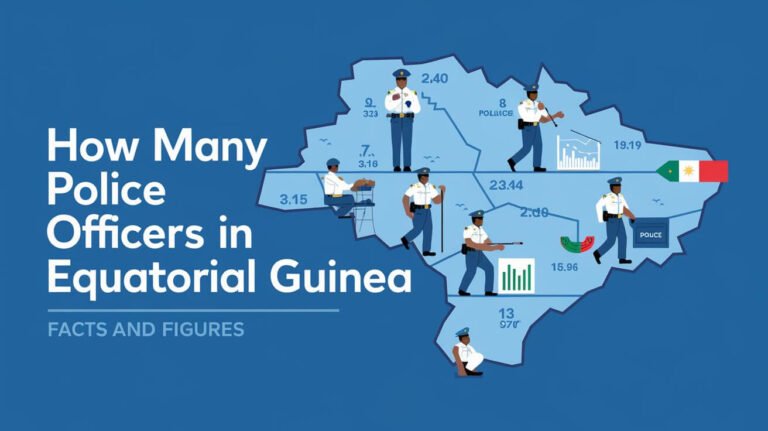What Happened To Afghan Police: Transformation and Challenges

In 2021, the Taliban took over Afghanistan quickly. The Afghan National Police (ANP) collapse was a key part of this. Over 270,000 Afghan soldiers and police were trained by the U.S. and NATO.
Many of these officers became targets for the Taliban. They saw them as “traitors” and “nonbelievers.” Officers like Mohammed had to flee to Iran or hide, fearing for their lives.
The Taliban’s victory changed Afghanistan’s law enforcement. It left the country in a state of uncertainty. There’s a big need to understand what happened during those chaotic days.
Historical Background of Afghan National Police
The Afghan National Police (ANP) started in the early 18th century, during the Hotak dynasty. Over time, it grew and became more organized under Emir Abdur Rahman Khan in the 1880s.
Origins and Early Development
The ANP’s early days were about keeping law and order in the country. It was key in keeping the Afghan government stable.
Soviet Era and Post-Soviet Period
In the 1980s, the ANP got a lot of training from the Soviet Union. But after the Soviets left, the police faced big challenges like corruption and desertion.
Post-2001 Reconstruction Efforts
After the U.S. left in 2001, the world worked to rebuild the ANP. The U.S., Germany, and the UK helped a lot. By 2023, the ANP had over 200,000 members, working under the Ministry of Interior Affairs.
“The Afghan National Police played a crucial role in maintaining stability and security in the country, particularly during the post-2001 reconstruction efforts.”
What Happened To Afghan Police During Taliban Takeover
The Taliban’s quick takeover of Afghanistan in 2021 was very hard on the police. As the Afghan government fell, many police officers left or gave up. The Taliban took over military bases, telling soldiers to hand over their weapons.
This led to the fast breakdown of the police force. The Afghan government’s collapse left thousands of police officers at risk of Taliban revenge. Human Rights Watch found that 47 former members of the Afghan National Security Forces were killed or went missing between August 15 and October 31, 2021.
They also found that over 100 former security force members were killed or disappeared in just four provinces in three months after the Taliban took Kabul.
| Statistic | Value |
|---|---|
| Former ANSF members killed or disappeared | 47 between August 15 and October 31, 2021 |
| Former security force members killed or disappeared in four provinces | More than 100 in three months after Taliban takeover |
| Interviews conducted by Human Rights Watch | 67 in-person and by telephone |
The Taliban used old government records to find and arrest people. In Kandahar City, they arrested Baz Muhammad, a former NDS employee. His body was later found, showing that high officials were involved in his death.
The Taliban’s intelligence department has been doing night raids and searches. They are looking for and sometimes disappearing suspected former officials. This has caused a lot of fear among former government workers. Many families don’t know if their loved ones are alive or not.
“The Taliban leadership directed members of surrendering ANSF units to register for safety guarantees, but screenings were used to detain and execute individuals shortly after registration.”
Even though the Taliban said they would stop abuses, there have been no investigations into killings. Their actions have not been proven, says Human Rights Watch. The fall of the Afghan police has greatly affected the country’s safety and stability.
Taliban’s Treatment of Former Police Officers
The Taliban took over Afghanistan in August 2021, causing great harm to former police officers. These men and women had worked hard to keep the peace. But the Taliban started to hunt them down.
Persecution and Targeting
After winning, the Taliban looked for former police officers. They wanted to stop any opposition. Many officers had to hide, as the Taliban used threats to find them.
Forced Exile and Displacement
Many former police officers had to leave Afghanistan to stay safe. Hayatullah, for example, hid or fled to other countries. Now, they face the challenge of starting new lives in unknown places.
Current Safety Concerns
Those who stayed in Afghanistan still face danger. They can’t work legally and often rely on family loans. The Taliban’s amnesty promises are not enough, making their future uncertain.
“More than 200 extrajudicial killings of former Afghan government officials and security forces have occurred since the Taliban assumed power two years ago.”
The story of former Afghan police officers shows the human cost of the Taliban’s rule. The safety of these individuals is crucial for Afghanistan’s future. Their situation highlights the need for stability and progress in the country.
Transformation Under Taliban Control
After the Taliban took over Afghanistan in August 2021, the Afghan national police changed a lot. The Taliban added their fighters to the police. They also took over the General Directorate of Intelligence and created special police forces.
The Taliban’s rule has changed how the police work. They use force to deal with problems. They have killed many people, including former police and those who oppose them.
The Taliban also limit free speech and political activities. They arrest and beat people who speak out. Some are held for months.
Even though the Taliban said they would forgive some people, many are still in danger. The police, once 308,000 strong, are now being hunted. This has forced many to leave their homes.
| Statistic | Value |
|---|---|
| Estimated number of armed Taliban fighters | 58,000 to 100,000 |
| Taliban’s control of Afghan territory outside urban centers | 50% to 70% by June 2022 |
| US investment in Afghanistan over the past two decades | More than a trillion dollars |
The Afghan national police have changed a lot under the Taliban. They now use harsh tactics and ignore human rights. The future of Afghanistan’s security forces is very uncertain and worrying.
Bottom line
The Afghan National Police’s collapse in 2021 was a major turning point. Despite getting billions in help, they struggled with corruption and poor training. When the U.S. left, the police couldn’t stop the Taliban, leading to the government falling.
The change to Taliban control has raised big worries about human rights and security. Former police officers now face danger and must leave their homes. The Taliban’s new police system is still a mystery.
The Afghan National Police’s fall shows how hard it is to build strong security in war-torn places. The world is trying to figure out what comes next for Afghanistan’s afghan security forces. This will be key in the country’s future, especially after the u.s. withdrawal from afghanistan and the afghan government collapse.






